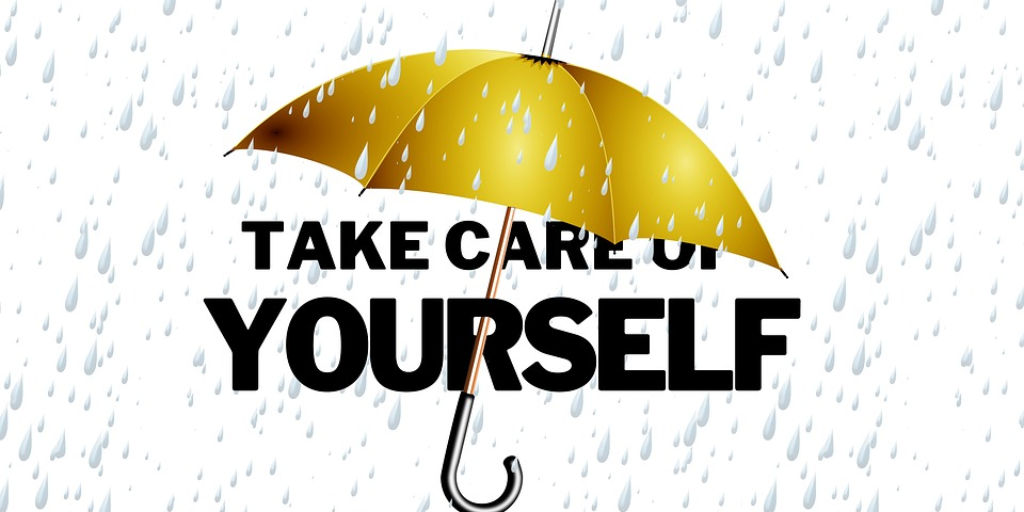If you are in distress, you can call or text 988 at any time. If it is an emergency, call 9-1-1 or go to your local emergency department.
- Public Resources, Tip Sheets
Building a Self-Care Plan
Stress or anxiety are normal reactions to a traumatic event. Reactions can range from moderate to overwhelming for individuals directly impacted. Possible reactions one might experience include: These reactions are normal and are experienced when individuals are in abnormally distressing situations. While most people recover after acute traumatic events on their own or with the assistance of a mental health professional within weeks of the event, it is important to note that some individuals do not experience these reactions until later. In either scenario, it is important to acknowledge your reactions and seek appropriate support. Self-care techniques · Prioritize all personal safety and health needs. · Learn and practice controlled breathing methods (slow, relaxed breathing) to reduce physical symptoms of anxiety, fear, and panic. Avoid breathing too deeply or rapidly as this can cause physical symptoms of panic. · Get enough sleep. · Reduce caffeine intake to 300mg or less per day. · Learn and practice daily relaxation methods to reduce physical symptoms of tension. · Get regular exercise. · Identify and challenge exaggerated words and pessimistic thoughts. · Use evidence-based anxiety websites or self-help books. External resource University of Buffalo’s Self-Care Starter Kit
- Public Resources, Tip Sheets
Building a Self-Care Plan
Building a Self-Care Plan
- Mental Health Tips
Stress or anxiety are normal reactions to a traumatic event. Reactions can range from moderate to overwhelming for individuals directly impacted. Possible reactions one might experience include: These reactions are normal and are experienced when individuals are in abnormally distressing situations. While most people recover after acute traumatic events on their own or with the assistance of a mental health professional within weeks of the event, it is important to note that some individuals do not experience these reactions until later. In either scenario, it is important to acknowledge your reactions and seek appropriate support. Self-care techniques · Prioritize all personal safety and health needs. · Learn and practice controlled breathing methods (slow, relaxed breathing) to reduce physical symptoms of anxiety, fear, and panic. Avoid breathing too deeply or rapidly as this can cause physical symptoms of panic. · Get enough sleep. · Reduce caffeine intake to 300mg or less per day. · Learn and practice daily relaxation methods to reduce physical symptoms of tension. · Get regular exercise. · Identify and challenge exaggerated words and pessimistic thoughts. · Use evidence-based anxiety websites or self-help books. External resource University of Buffalo’s Self-Care Starter Kit

SHARE THIS PAGE
RELATED

Review our Assessment Framework for Mental Health Apps — a national framework containing key standards for safe, quality, and effective mental health apps in Canada.

To help expand the use of e-mental health services, we developed four online learning modules based on our Toolkit for E-Mental Health Implementation, in collaboration with the Centre for Addiction and Mental Health (CAMH).

Stepped Care 2.0© (SC2.0) is a transformative model for organizing and delivering evidence-informed mental health and substance use services.

